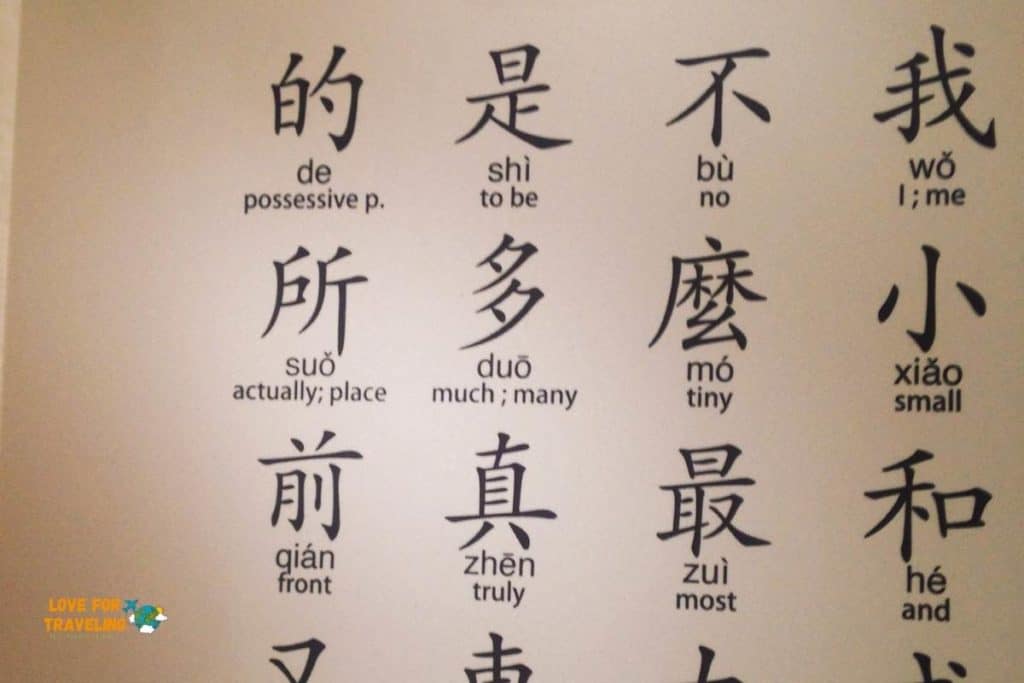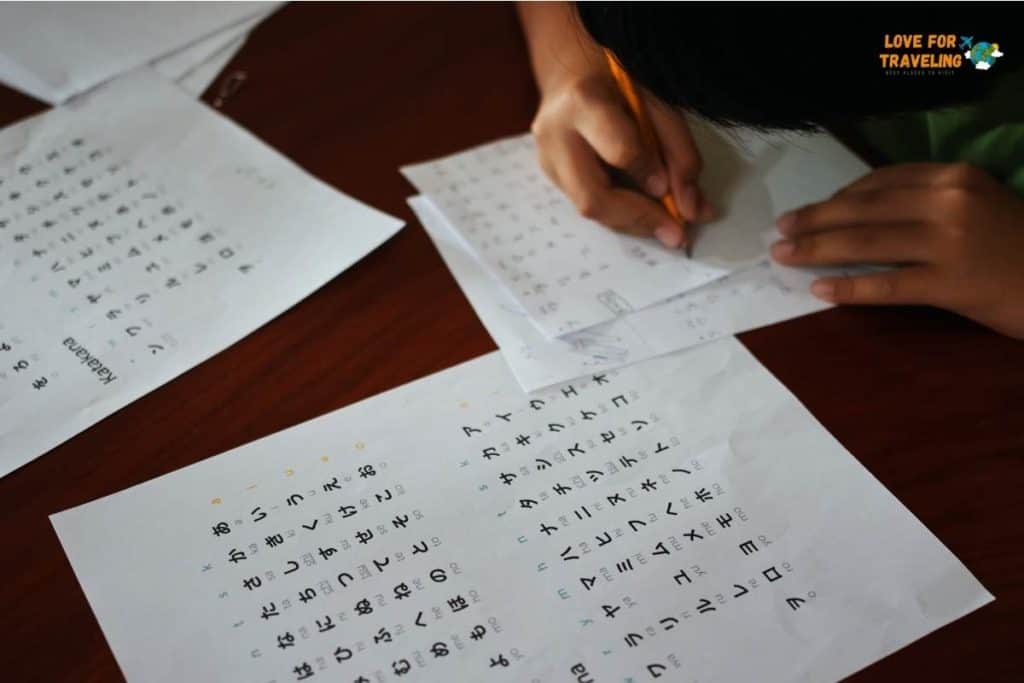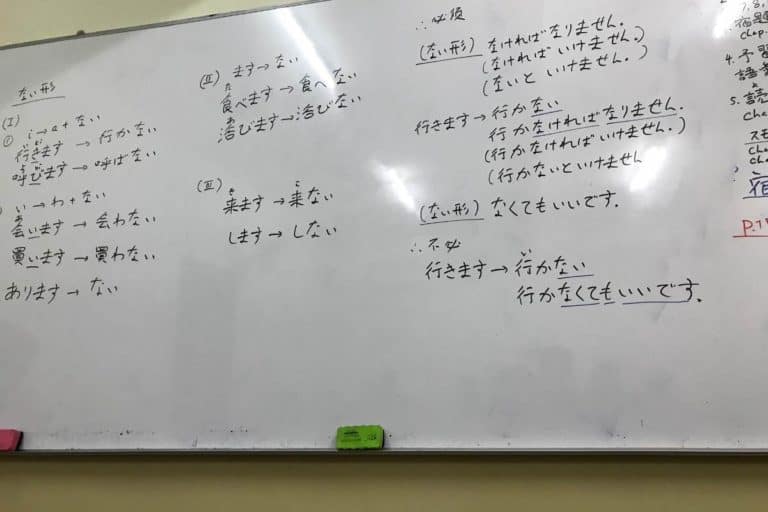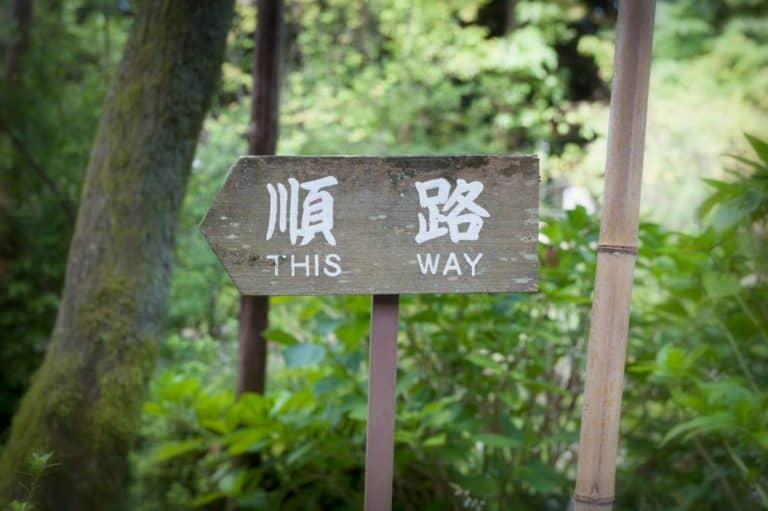Can Japanese Read Chinese?
When you look at a map of these two Asian countries, Japan and China, you notice they’re extremely near each other. However, most of us are incorrect in believing that they speak the same languages.
This often happens when reading magazines, watching TV, or even reading newspapers, and you think, “Oh, Japanese and Chinese letters appear similar!” But are they the same thing?
Can the Japanese read Chinese?
Many people appear to question if the Japanese can read Chinese. Is it possible for a Japanese speaker to read Chinese? We will provide everything you need in this article for that question.
First, the short answer to this question is simply ‘yes’ and…..’ no’. Regarding words and basic (short) phrases, the answer is yes….and no regarding complex thoughts and articulated phrases.
If you’re curious to learn more about this subject, consider reading to the end.
Some reasons for the argument that Japanese cannot read Chinese?

The answer is no regarding complex thoughts and articulated phrases because Chinese and Japanese belong to a separate group of syntactically different languages, similar to English and German (though both belong to the same language group).
If you heard someplace that Japanese could read appropriately in Chinese, the chances of this happening are quite remote. Japanese people are unlikely to read Chinese well without studying the language.
Notwithstanding, whether or not the Japanese can read Chinese depends entirely on what you refer to by the term ‘read.’
On this basis, we choose to go with ‘Can a Japanese completely comprehend the Chinese language? The answer is no. Below are some of the reasons;
- Several Chinese characters aren’t utilized at all in Japanese.
- In Japanese and Chinese, the same Kanji may have distinct meanings.
- The grammar of the two languages is opposed. Verbs, for example, are frequently placed after a Japanese sentence, but this is not the case in Chinese. Not to mention the numerous additional grammatical distinctions between the two languages.
However, Chinese people who do not speak Japanese may predict the content of a Japanese essay to a certain level, say 30% of the time (the percentage is arbitrary), and vice versa, due to the similar meaning of some characters in both languages.
As a result, it could be better to go by the phrase ‘If you can read Chinese, you can (to some extent) estimate the meaning of written Japanese – and vice versa.
Chinese and Japanese will still read the same ancient Chinese Classical Texts (such as Confucius, Lao Zi, and others), but in a new fashion.
So, finally, can you read Chinese if you can read Japanese? It has to be: not quite, but it will assist you.
Some reasons for the argument that Japanese can read Chinese.

Yes! If you can read Japanese, you should be able to read classical Chinese. Reading classical Chinese is taught in Japanese high schools without the presumption of fluency in the language.
This may lead some students to believe they can read modern Chinese if they can read Japanese.
This component of Chinese literacy is likely to be overlooked if you are unfamiliar with high school education in Japan and are just comparing your Japanese literacy to current Chinese.
However, there is a distinction between someone who can read Japanese and someone who has completed secondary school in Japan.
Suppose the literal purpose of the question is basic Japanese literacy. If it isn’t enough to read classical Japanese literature from the same period and earlier than classical Chinese literature, then the answer may be no.
Notes! Classical written Chinese was how a Japanese person talked with a Chinese or Korean if they didn’t have an interpreter as late as the nineteenth century; thus, anybody with an education in East Asia was familiar with it.
Is Japanese genetically related to Chinese?
Japanese is genetically unrelated to the Chinese languages. Japanese belongs to its own language family and is isolated since no one knows where it originated. It just appeared out of nowhere in the Pacific one day.
However, due to historical factors such as being a part of broader East Asian culture and interaction with other languages (most notably Chinese), Japanese has developed certain commonalities with other mainland Asian languages.
Despite this, no Chinese speaker can hear Japanese and declare, “Oh yes, I grasp it,” and vice versa. They are, indeed, opposed.
Also, another study stipulates that Japan lacked a national writing system for many years. As a result, the kingdom began importing Chinese characters from Korea and China in the early fifth century, and the interchange continues.
However, even though they are partially shared, the two languages are mutually intelligible, despite their differences in many areas, such as grammar and syntax.
There is probably a belief among some Japanese that they can “read” Chinese, but this isn’t as strong as the perception among some Chinese that Japanese is just a Chinese dialect (and when they vary, it is the Japanese who are incorrect).
How is Chinese different from the Japanese language?

To address the simple issue that arises from the fact that you may believe that Chinese and Japanese are relatively similar, Chinese and Japanese have many similarities.
Yet, they belong to two entirely independent language families. The arrangement of words differs syntactically; however, it is still true that the Japanese can read a Chinese sentence but cannot speak it. The opposite is not true.
Chinese is easier than Japanese for simple communication since the syntax is simpler. Japanese is harder to learn from the start.
However, when it comes to understanding both languages, Chinese will be more difficult, while Japanese will be more straightforward since Japanese has “true” grammar.
Still, Chinese grammar is more “nebulous” because Japanese contains kanas that operate as grammatical articulations.
Not so with Chinese, which contains just kanjis/hanzi, some of which also function as grammatical articulations, albeit not as methodically as in Japanese.
Then there’s the issue of pronouncing words correctly. Japanese does not have tones, unlike Chinese, which does. That difficulty is a significant factor.
Which language is easier to learn, Chinese or Japanese?
The topic of which language is easier to learn is difficult to answer. It all comes down to your language background.
Suppose you come from an English background and have never studied an agglutinating language (Finnish, Swahili, Hungarian… native American languages…) or a case-marking language (Latin, Greek, German, etc.). You may find Japanese grammar surprising.
On the other hand, Chinese grammar appears to be more familiar or less radical. Japanese pronunciation is more straightforward than English, although Chinese tones will initially be perplexing.
The writing method will be complicated, but you will find Japanese more familiar since you can hear words.
Because neither of the languages is connected to English, the vocabulary will be entirely new in both circumstances.
Here is the verdict. The only thing that will make one language easier to learn than another is your desire to study it and your capacity to gain exposure. Learning a language is a big investment, so choose the language that will keep your interest the longest.
How easy is it for a native Chinese speaker to learn Japanese?
Learning Japanese is not difficult for Chinese people. The vocabulary is not complex, but the grammar of Japanese is significantly more difficult.
Japanese grammar is substantially more difficult for Chinese people than English grammar.
Another issue is that numerous ‘borrowed’ terms in contemporary Japanese come from English and other languages; they have no Kanji but simply the sound. You won’t know the meaning unless you are familiar with the originating language.
Even if you think, “I can speak Japanese,” studying and practicing will take a decade.
Conclusion
A better analogy might be that Japanese is to Chinese as Italian is to Basque.
It’s critical to recognize how dissimilar Japanese and Chinese cultures are.
The two languages may appear similar because Japanese has taken much from Chinese terminology and characters from the Han writing system.
However, the parallels are only superficial. The most critical portions of the vocabulary are not the same. The grammatical structure is substantially different. The phonetic morphology differs as well.
So, besides identifying a few characters, kanji knowledge isn’t beneficial in reading Chinese, or vice versa.
Knowing the Kanji and assuming that a Chinese office has a large sign out front with those characters on it, you might be able to spot the office in China.
But the truth is you wouldn’t be able to understand, say, a sentence in a Chinese newspaper stating that ‘the Beijing main post office wouldn’t close next week for construction’ regardless of how proficient your Japanese was.






